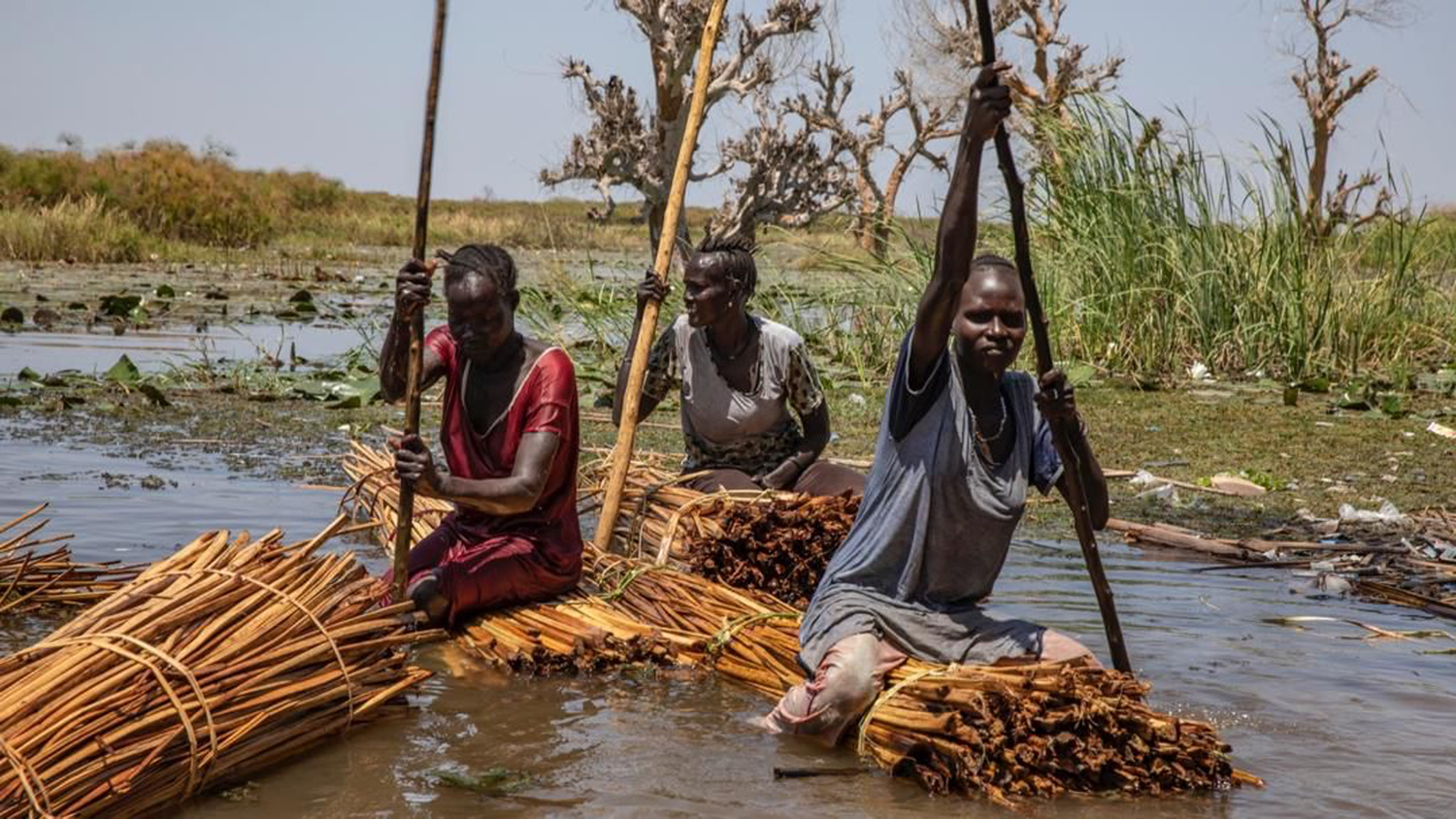Südsudan
Seit seiner Unabhängigkeit 2011 ist der Südsudan Schauplatz bewaffneter Konflikte und humanitärer Krisen. Das Friedensabkommen von 2018 hat den Krieg zwar auf nationaler Ebene beendet, der Frieden bleibt jedoch fragil. Die Schweiz fokussiert ihr Engagement auf Nahrungs- und Existenzsicherung, Schutz der Zivilbevölkerung und Menschenrechte sowie Frieden und Konfliktlösung.

Kontakt
DEZA / Horn und Nordafrika
Eichenweg 5
3003 Bern
Eichenweg 5
3003 Bern

